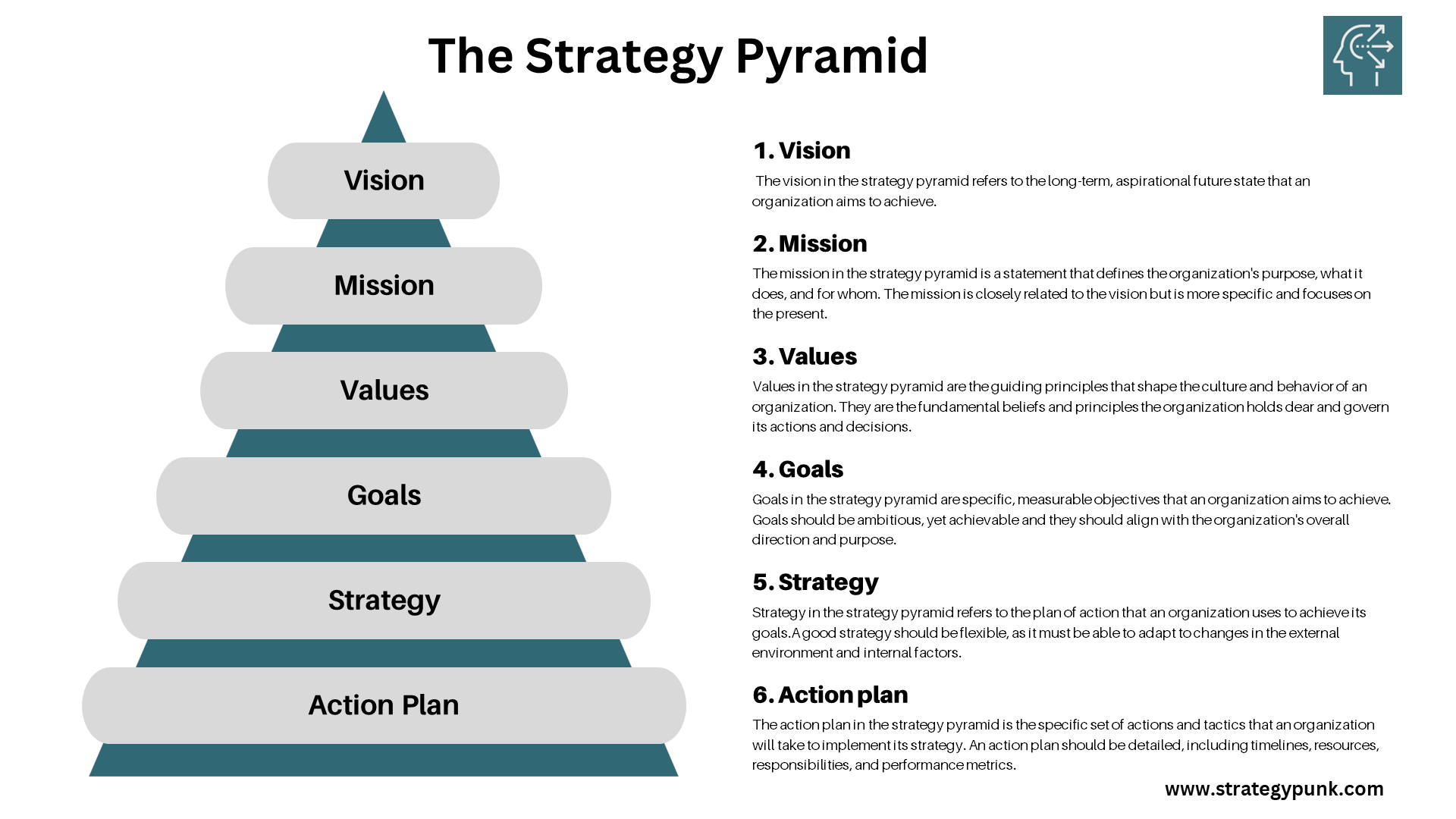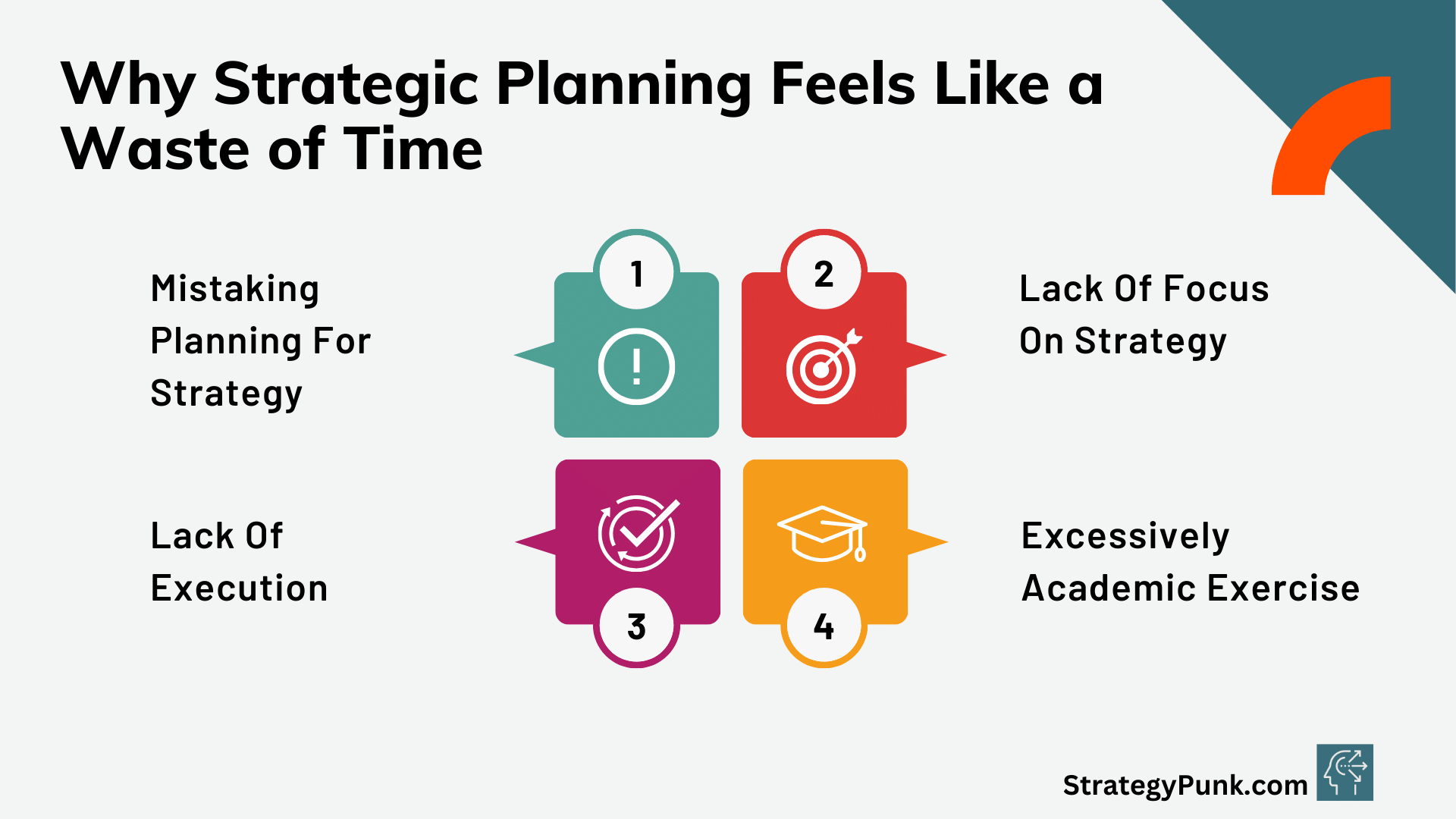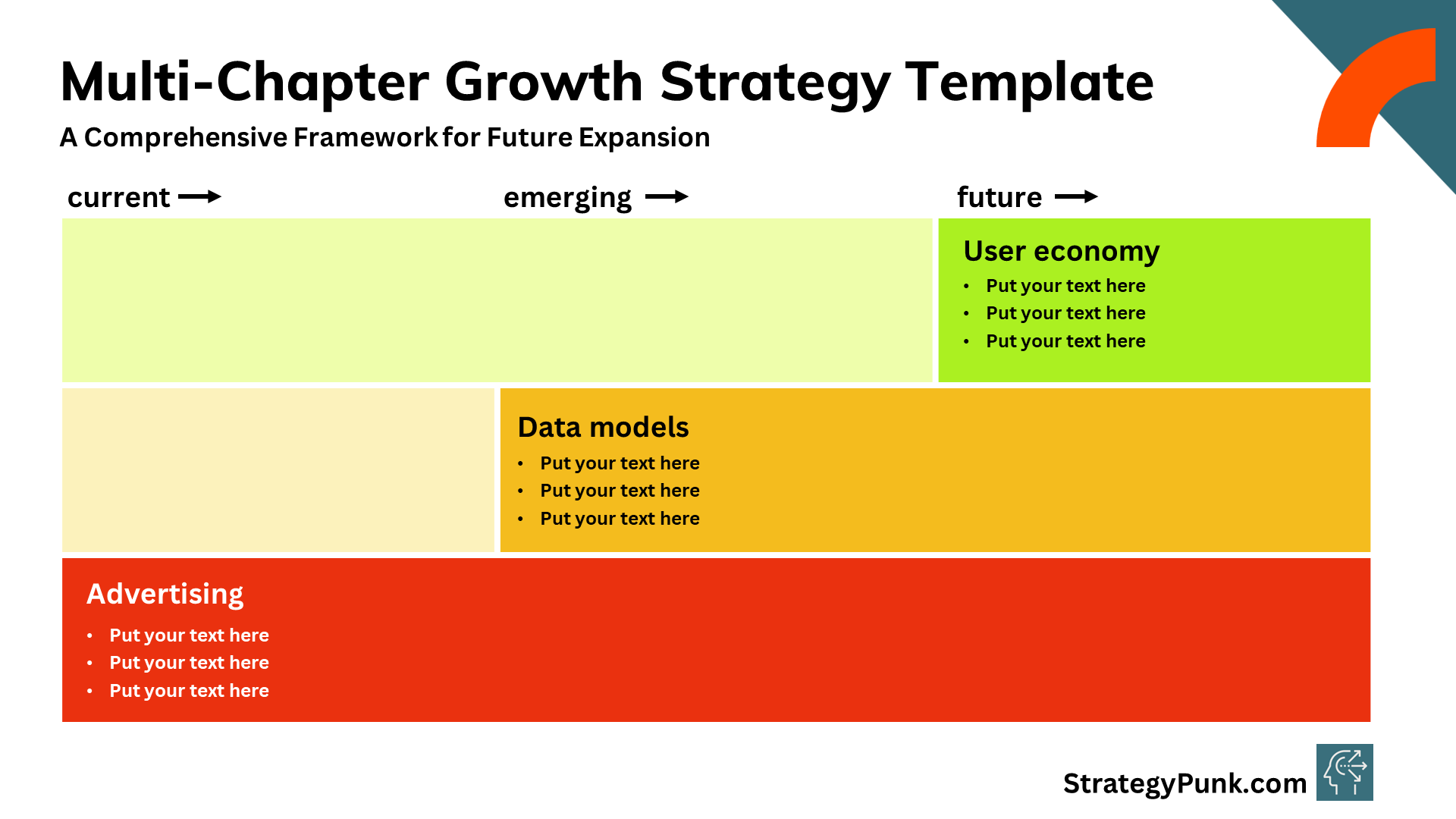Why Strategy is not a once-a-year task: The Importance of Continuous Planning
Continuous strategic planning is vital for adapting to market changes, fostering real-time decision-making, and maintaining competitive growth. Strategy is an ongoing necessity, not just an annual event.

Introduction
Successful businesses understand the importance of strategic planning and ensure their strategies evolve with changing market dynamics. However, many organizations consider strategy a once-a-year event—often an annual offsite meeting or a yearly planning retreat. This approach significantly limits a company's ability to respond effectively to today's dynamic business environment.
The reality is that consequential decisions are made continuously, not just inside the so-called strategy room but also throughout an organization at various levels. Therefore, strategic planning must evolve into an ongoing process emphasizing continuous accountability. Companies that embrace this approach will ensure increased competitiveness and growth and avoid the pitfalls that come with a lack of continuing clarity and direction.
Key Takeaways
- Embrace an ongoing approach to strategic planning, accounting for the dynamic nature of business environments.
- Encourage decision-making at various organizational levels to foster continuous accountability.
- Prioritize clarity and direction by regularly revisiting and updating your strategy.
Dynamic Nature of Business Environment

In the modern era, businesses face a constantly changing landscape that requires them to adapt quickly. Various factors, including rapid technological advancements, globalization, and shifting consumer preferences, contribute to the dynamic nature of the business environment. As a result, organizations must update their strategies more frequently than the traditional once-a-year approach.
The rapid development of new technologies and their integration into everyday business operations has created a highly competitive market. Companies that need to catch up with the pace of technological innovations risk falling behind their competitors. Continuous investment in research and development and updating systems and processes is essential to maintaining a competitive edge and ensuring long-term viability.
Globalization also poses significant challenges to businesses. Due to economic, political, and cultural changes, companies must adapt their strategies as the market landscape shifts. Mergers and acquisitions, new business partnerships, and trade agreements can profoundly impact the market, necessitating agility and strategic foresight in business planning.
Moreover, evolving consumer preferences and needs demand companies to adjust their product and service offerings to remain relevant and attractive to their target markets. In today's digital age, consumers are well-informed and can access numerous alternatives. Businesses that meet consumer requirements may retain market share and stay relevant.
Given these factors, strategy formation cannot be confined to an annual event. Instead, organizations must embrace a proactive and continuous approach to strategic planning, consistently reassessing and refining their strategies to address the dynamic nature of the business environment. By doing so, companies can better position themselves for success and build resilience in uncertainty and change.
Consequential Decisions are Made Outside the Strategy Room

Strategic planning should not be confined to an annual event. Companies often overlook the importance of evaluating their strategies throughout the year. Consequential decisions that significantly impact business objectives should be unrestricted to one-time planning sessions but must be made throughout the year as circumstances demand.
Developing a culture of flexible planning is essential for organizations to adapt to market changes and seize opportunities quickly. By encouraging regular communication and collaboration, companies can ensure that strategic decisions are made in response to real-time situations and data, enabling them to stay agile.
It is essential to place a strong emphasis on ongoing performance management. By tracking progress and adjusting goals, companies can make informed decisions aligning with their objectives and vision. Regular monitoring identifies issues immediately, helping mitigate potential risks or capitalize on arising opportunities.
Fostering a learning mindset across the organization is crucial for developing a continuous strategy-making approach. Encouraging employees to take initiative and share their insights leads to a diverse knowledge base, which cultivates informed decision-making. Implementing an open feedback system, promoting two-way communication, and providing up-to-date resources can support this.
In conclusion, organizations must recognize that consequential decisions are not limited to annual strategic planning sessions. Continued adaptation and flexibility must be encouraged to ensure sound decision-making, fostering growth and long-term success in a constantly changing business environment.
Continuous Accountability

In today's dynamic business environment, organizations must continuously adapt and pivot their strategies to remain competitive and seize opportunities. Implementing a strategy is not a once-a-year task but an ongoing effort that requires continuous accountability from all stakeholders.
One key aspect of continuous accountability is ensuring the organization's goals are aligned across all levels. This can be done by regularly reviewing and updating performance indicators and targets and assigning clear responsibilities to teams and individuals. Regular communication between management and employees is critical to fostering a culture of accountability and supporting continuous learning.
Another factor contributing to continuous accountability is embracing change. Companies must proactively identify new threats and opportunities and respond aggressively. By investing in technologies and practices that enable real-time data analysis, businesses will be better equipped to make informed decisions and quickly adapt their strategies.
In addition, organizations should encourage collaborative decision-making among their teams. By involving employees in the strategy development and execution process, companies can tap into knowledge and insights while promoting ownership and accountability.
In conclusion, organizations must foster a culture that supports ongoing learning, embraces change, and encourages collaboration to achieve continuous accountability. By doing so, they will be better positioned to adapt and thrive in today's ever-changing business landscape.
Lack of Ongoing Clarity

Strategic planning is crucial for a company's success, and having ongoing clarity is critical. Businesses that treat strategy as a once-a-year task can encounter challenges throughout the year that may hinder their overall progress. Companies must reassess and update strategies continuously to maintain focus on their long-term goals.
One issue with this once-a-year approach is that the external environment or internal requirements might change, causing the initial strategy to become outdated. By regularly reviewing the strategies, businesses can stay ahead of the curve and adjust their plans accordingly. This way, they can successfully pivot in response to new developments, whether industry-related trends, evolving customer demands, or technological advancements.
Another challenge faced by companies needing to maintain ongoing clarity in their strategies is a possible decline in employees' engagement and commitment. Ensuring that your team understands the company's objectives and stays aligned with its vision is essential to fostering a strong culture of collaboration and success. Regularly revisiting and communicating the strategic direction will instill confidence and provide a clear roadmap for everyone to follow.
Moreover, companies may only be able to measure their progress effectively with continuous monitoring and assessment of strategic initiatives. By maintaining an ongoing commitment to strategy, businesses can more efficiently track their accomplishments and determine areas that require further development. Implementing a set of performance indicators and evaluating them regularly helps ensure the company stays on the right path toward its goals.
A lack of ongoing clarity can hinder a company's growth and success. Adopting a more proactive approach and continuously updating the strategy to suit the evolving business landscape is crucial. This clarity enables businesses to respond to changes, keep the workforce engaged, and accurately measure progress.
Circumstances Change

Businesses today operate in a dynamic environment. Circumstances change rapidly and unexpectedly. Organizations must be flexible and adapt their strategies regularly to stay competitive and thrive in the market.
Technological advancements and geopolitical developments are some factors that can significantly impact businesses. Staying informed about these trends allows companies to make necessary adjustments, ensuring long-term relevance and success. Regularly reviewing strategy also enables businesses to identify new opportunities and threats that may arise due to changing market conditions.
Moreover, customer needs and preferences evolve. Organizations must keep their finger on the pulse to effectively address them. Continuously updating strategy allows companies to respond to these changes, develop innovative products, and maintain strong customer relationships.
To sum up, strategy is not a once-a-year task because circumstances change constantly. Companies must proactively update and adapt their strategies to remain competitive in a rapidly changing business landscape.
Importance of Agility and Responsiveness
Importance of Agility and Responsiveness in Continuous Planning

Continuous planning enables organizations to quickly adapt plans and priorities based on changing business conditions and new information.
This agility and responsiveness are critical for success in today's fast-changing environment.
Key benefits of agility and responsiveness in continuous planning include:
- Ability to pivot strategies and reallocate resources swiftly when disruptions occur, or priorities change
- Faster response to emerging challenges, opportunities, and competitive threats
- More frequent updates to plans and forecasts based on the latest data
- Proactive course corrections rather than reactive firefighting
Challenges to developing agility include legacy systems, siloed processes, and bureaucratic cultures.
Moving to continuous planning requires leadership commitment, collaboration across the business, and technologies that connect people and data.
Frequently Asked Questions

How often should strategic plans be reviewed?
Strategic plans should be reviewed regularly, quarterly, or even more frequently, depending on the company's industry and competitive landscape.
Regular reviews allow quick adjustments to the strategy in response to market or organizational changes.
Can a strategic plan be adequate for just one year?
While a one-year strategic plan might work for some companies, it generally needs a more long-term perspective to achieve sustainable success.
The best approach is to create multi-year strategies incorporating short-term and long-term goals, with regular updates and revisions as needed.
What are the benefits of having a continuous strategy process?
A continuous strategy process ensures that a company stays agile and can pivot quickly as circumstances change.
This approach keeps the organization focused on its strategic objectives, encourages innovative thinking, and promotes an adaptive organizational culture.
How can a company ensure that its strategy is implemented effectively?
Effective strategy implementation requires clear communication, alignment of resources, and support from senior leaders.
Establishing accountability for executing the strategic plan, tracking progress through regular reviews, and adjusting as needed are also critical to success.
Why do many strategies fail?
Strategies often fail due to poor communication, lack of proper alignment within the organization, inadequate resources, or unrealistic goals.
Additionally, strategies can only succeed when reviewed and adjusted based on internal or external environment changes.
What are some common mistakes that companies make when developing a strategy?
Common mistakes when developing a strategy include lack of a clear vision, insufficient focus on customers and competitors, ignoring emerging trends, underestimating the importance of internal alignment, and not considering potential risks and obstacles.
How important is strategy execution?
Strategy execution is just as important as the development of the strategy itself. A great strategy will yield little benefit if a company does not effectively implement it.
Proper execution ensures the organization aligns its actions and resources to meet its strategic objectives and achieve its vision.
Discover more
Strategic Planning with The Strategy Pyramid (Free Powerpoint)
Strategic Planning with The Strategy Pyramid (Free Powerpoint). The strategy pyramid is a framework that helps organizations align their actions with their overall vision and mission.

SOAR Analysis Template: Enhance Your Strategic Planning
The SOAR Analysis template is a strategic planning tool emphasizing strengths, opportunities, aspirations, and results. Differentiate from SWOT analysis and envision a brighter future with our free PowerPoint template.

Why Strategic Planning Feels Like a Waste of Time: A Surprising Truth
Strategic planning often feels fruitless, but when done right, it provides direction. Learn why it can feel pointless and how to make it valuable by avoiding common pitfalls.








